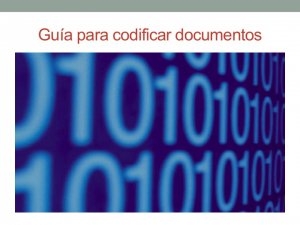
One way to protect your documents is to encrypt them. This means converting your readable document to one that is unreadable to anyone unless he or she has the password. If for some reason, you lose the USB stick where you were storing your document, or if you lose the computer, phone or tablet containing this document, no one can read it without the password.
Another reason to encode is that sometimes, information can be dangerous if viewed by the wrong person out of context. One of the most sobering examples of this was the case of a Mexican reporter who was kidnapped by members of a criminal organization. When his abductors looked at his laptop, they found photos of military commanders. Seeing the photos, the criminals believed the journalist was a member of a rival cartel composed of former soldiers -- and almost killed him.
Security experts recommend that people operate with the idea that all scenarios, including catastrophes, are possible. A catastrophe, in the information context, could mean the loss of control of all the information you have. If this happened, not only would your information be at risk, but so would the safety of your sources.
Read Sierra’s full post with tips for encryping documents, the first in his IJNet series with digital security recommendations for journalists.
The International Journalists' Network, IJNet, keeps professional and citizen journalists up to date on the latest media innovations, online journalism resources, training opportunities and expert advice. ICFJ produces IJNet in seven languages: Arabic, Chinese, English, Persian, Portuguese, Russian and Spanish. IJNet is supported by donors including the John S. and James L. Knight Foundation.